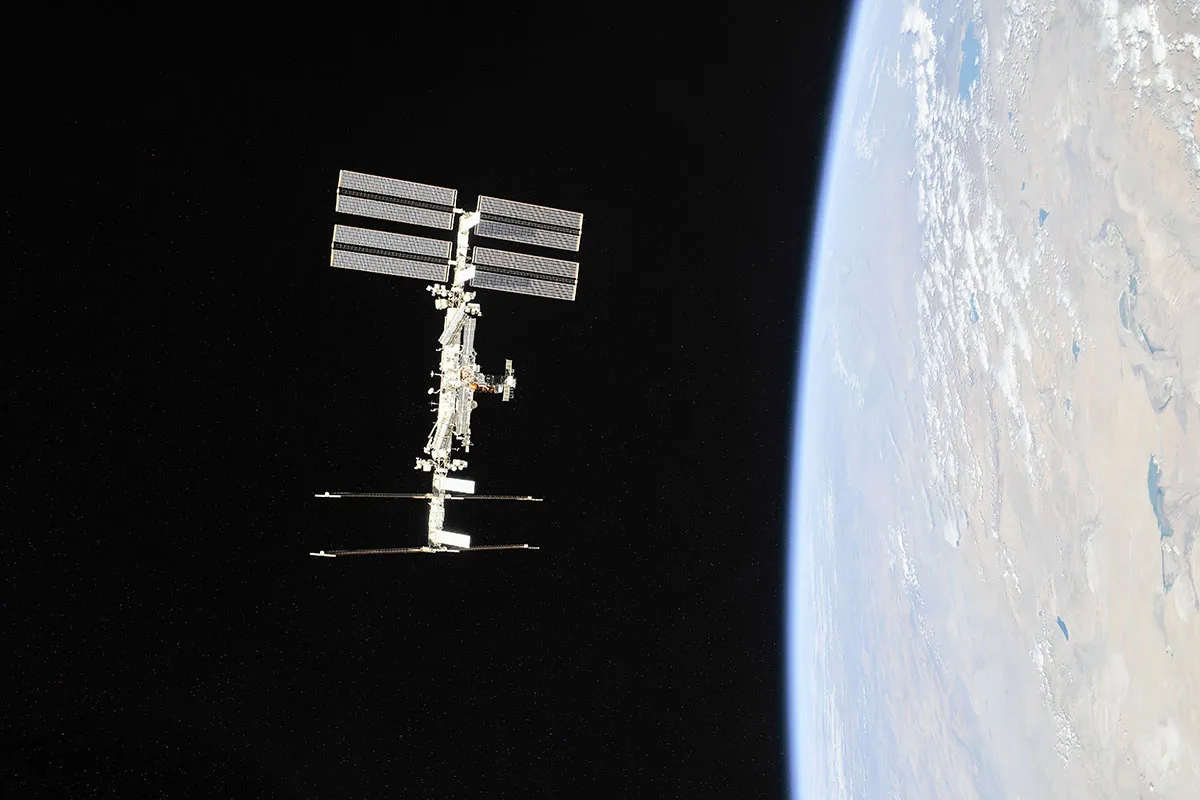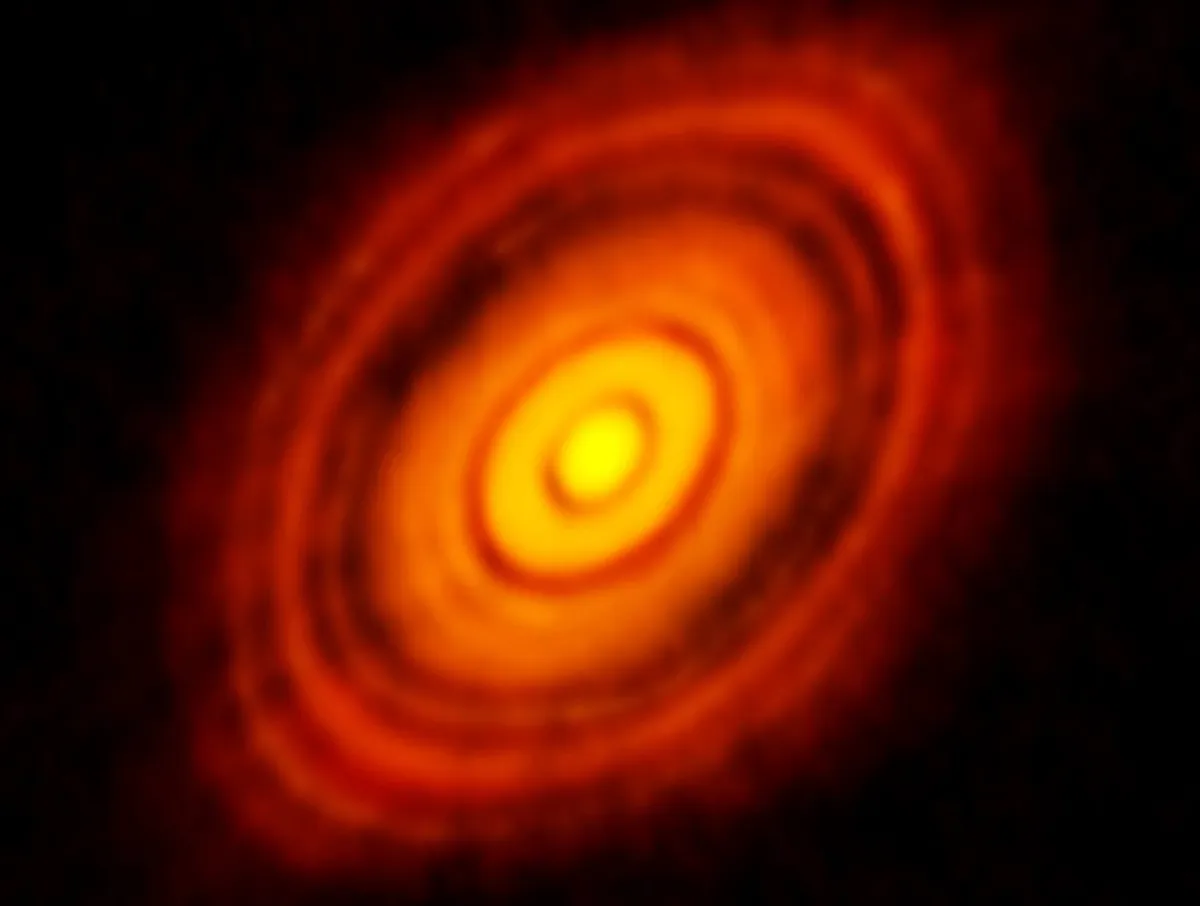Astronauts float because there's no gravity in space, right? Wrong! There’s absolutely loads of gravity in space.
In fact were it not for gravity, space as we know it – with all its stars, planets, asteroids, comets, nebulae, pulsars and so on – wouldn’t exist at all.
Gravity is what caused all these objects to form in the first place, it’s what prevents them from falling apart, and it explains their relative positions.
And in any case, astronauts on the ISS aren't floating because there's no gravity; they're floating because they're continuously falling (as they orbit Earth).

The problem is that, being but simple Earth-dwelling, carbon-based lifeforms, we tend to misunderstand gravity, and think of it as the force that means 'what goes up, must come down'.
Gravity is the invisible power that means if the cat pushes your mug off the table, that mug will fall to Earth every single time, isn't it?
In reality, gravity isn’t a force that Earth exerts on the people, animals and objects on its surface.
Rather, gravity is a force that every object with mass in the entire Universe exerts on every other object with mass in the entire Universe.
How powerful that force is, is determined by the size of the two objects in question, and their distance apart.

In the example of the mug above, Earth has many million times more mass than the mug, so while the mug is ALSO doing its best to pull the ground towards it, its efforts are doomed to failure: the floor will win out every time.
Likewise, the device you’re reading this on is currently exerting a gravitational pull on the planet Neptune, and vice versa.
It’s just that your phone or tablet is tiny, Neptune’s huge, and the two are about 4.5 billion kilometres apart, so none of it does either of them any good.
Gravity, space and the entire Universe

Out in space, the interaction of all these opposing gravitational forces has given the Universe its structure.
A newborn star, for instance, exerts a gravitational force on surrounding matter, such as the protoplanetary disc of dust and gas surrounding it.
The young star pulls this matter inwards until said force is matched by that coming from other objects elsewhere.
Particles of matter will then go into orbit around the star at this neutral point… only for gravity to cause them to collide with other particles to form larger ones, and before you know it, you’ve got a bunch of planets on your hands.
So yes, there’s gravity in space.
You might not think it when, for instance, you see astronauts floating around during a spacewalk.
But it’s definitely there – and be glad it is, because if there was no gravity, we wouldn’t be here!

